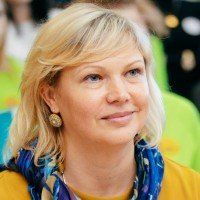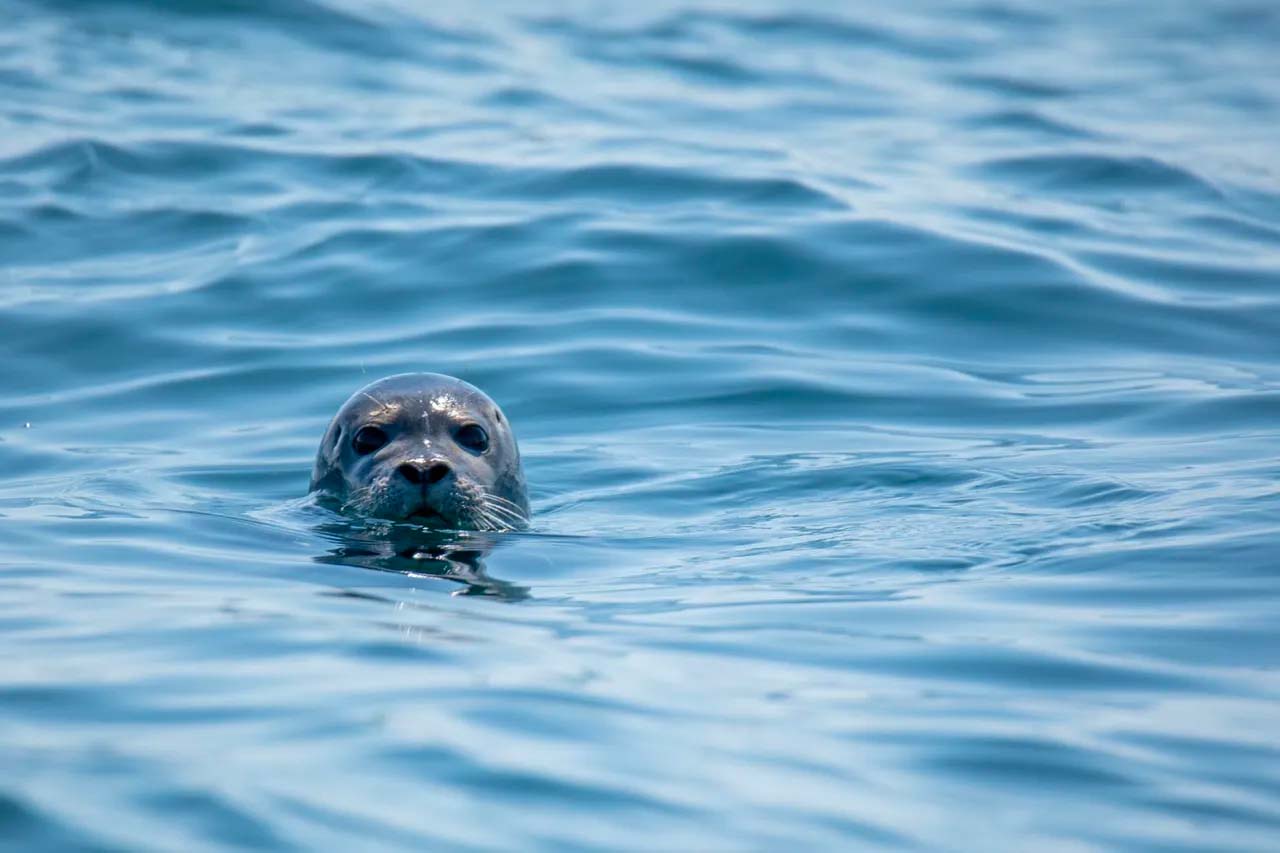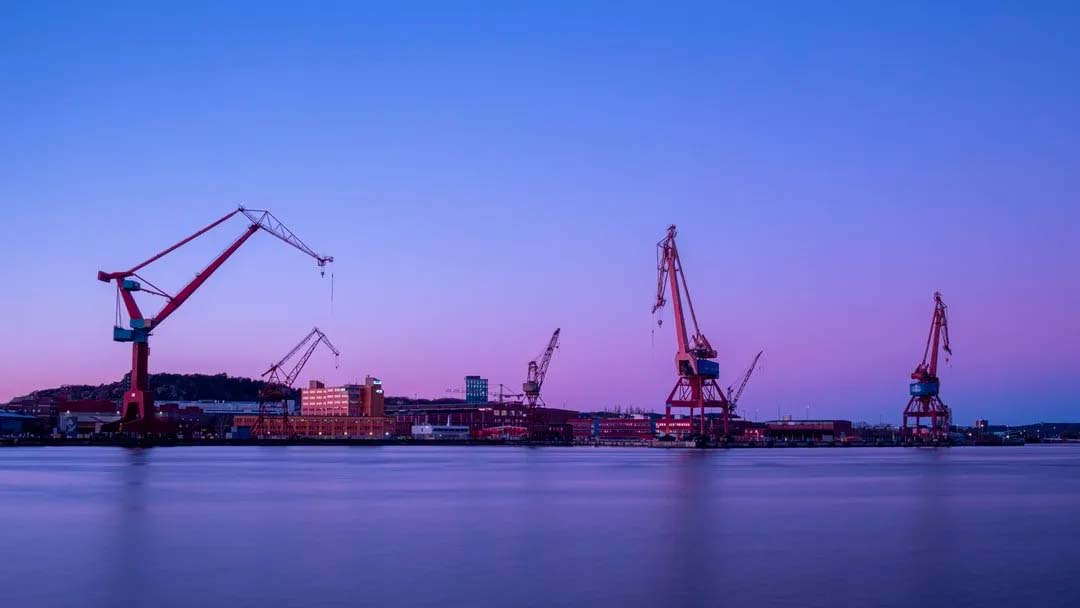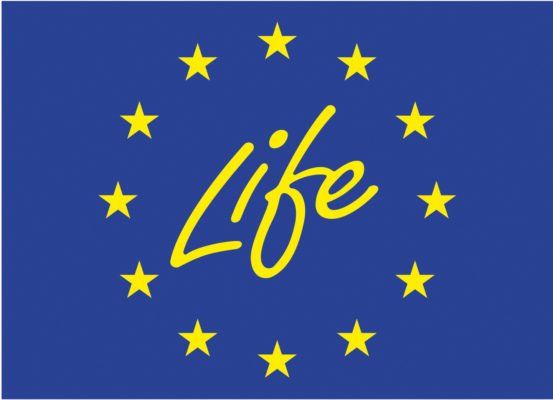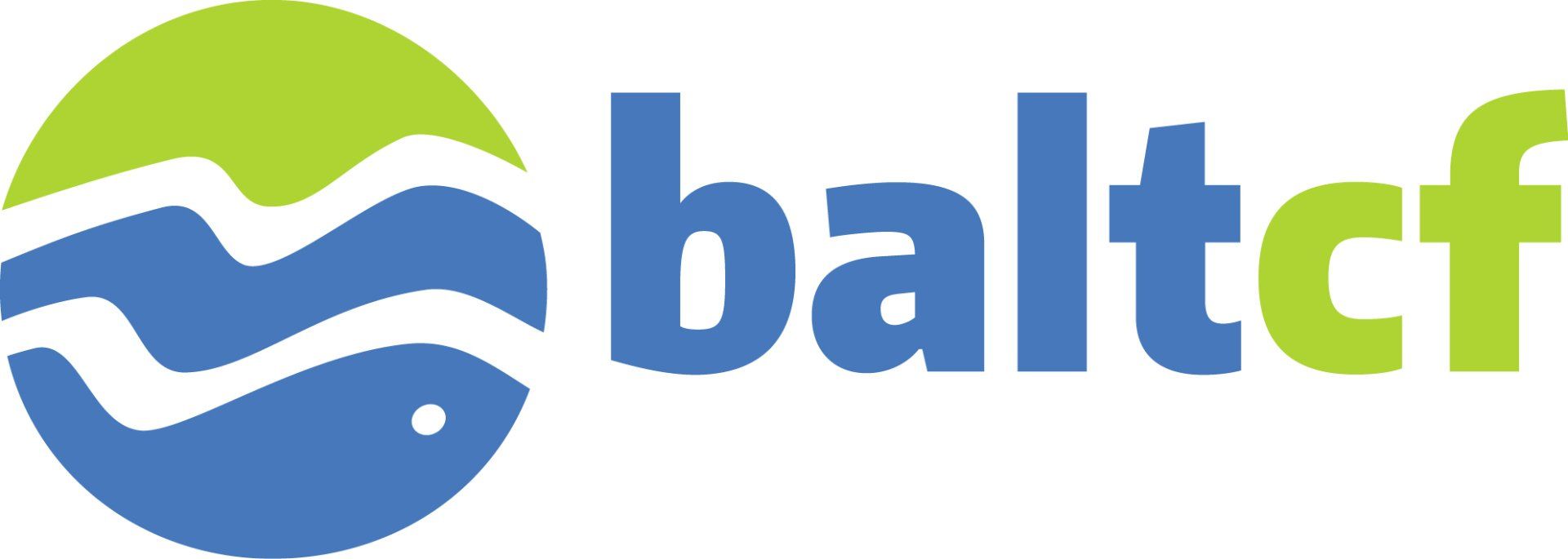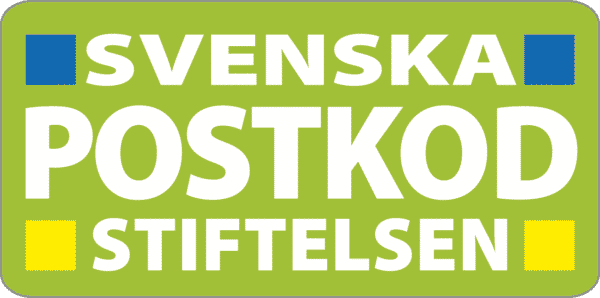HIGHLIGHTS
THE BEST OF 2021
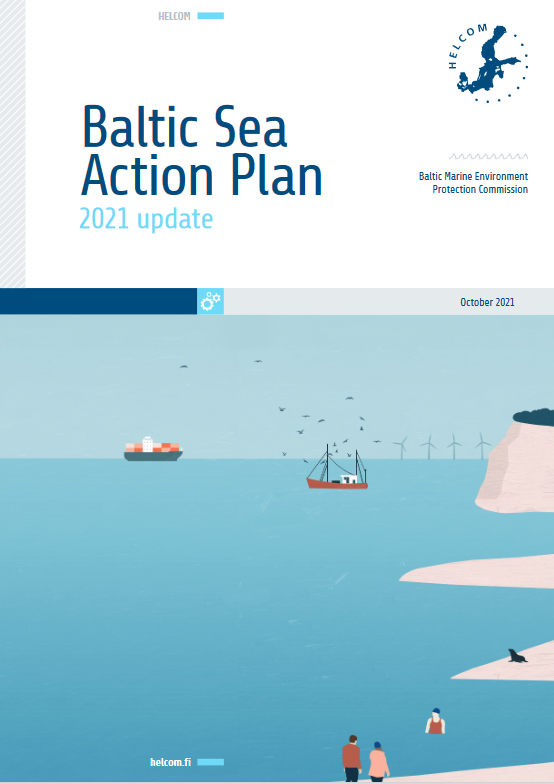
The HELCOM Baltic Sea Action Plan (BSAP)
CCBs wide range of topics and expertise has resulted in numerous inputs (the joint NGOs Baltic Shadow Plan, 2020) to update of the regional HELCOM Baltic Sea Action Plan.
Concrete actions on underwater noise, fisheries, bycatch, MPAs and port handling of fertiliser are some examples. It is usually hard to trace CCB activities to the impact envisaged, but in this case it is clear: the BSAP is better thanks to CCBs work. The end results of the impact on the environment now depends on implementation and CCB will continue to link BSAP (as regional implementation of MSFD) with CFP, CAP and the key environmental legislations.
The updated BSAP was adopted at the HELCOM Ministerial Meeting 2021 (MM2021) held in Lübeck, Germany on 20 October 2021.
In conjunction with the HELCOM Ministerial Meeting, Coalition Clean Baltic (CCB) along with WWF Baltic Ecoregion Programme invited high-level ministers, finance representatives and NGOs together in the side-event "How can regional financial flows in the seascape help support and restore the Baltic Sea?".
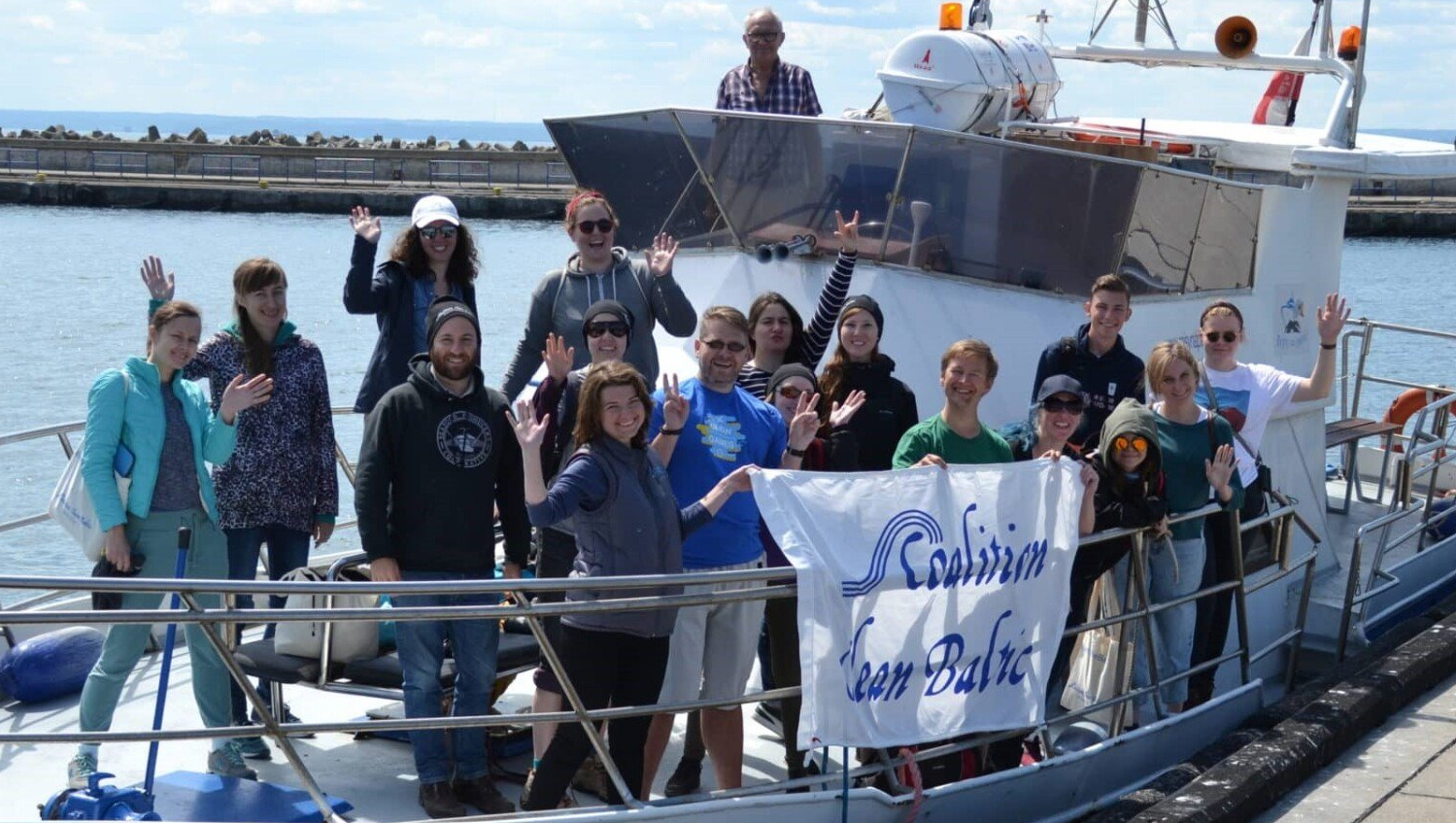
OCB course, Coastal & River University, GRASS Conference
The willingness of CCB to bring the most recent knowledge to people, within but also outside its network, to develop common projects and solutions to protect the Baltic Sea is continuously growing. By sharing experiences and ideas during CCB's open events such as the GRASS Conference, Our Common Baltic, the River University and the newly established Coastal University, CCB encourages participants to act and engage for a better environment.

30 years is the right age to Re-think, Re-vitalise, Re-unite and Re-coalition
2020 marked Coalition Clean Baltic’s 30th Anniversary. The internal process to review and revitalise CCB cooperation and restructure the work based on the member’s needs and wishes has been highly successful. New and fewer working areas, a clearer internal and external communication and better cooperation with other NGOs as well as attracting the attention of potentially new members are some of the positive outcomes. The changes are still new but the longer term results CCB is hoping for is a more engaged network and improved chances to speak on behalf of green civil society organisations.
RESULTS & ACHIEVEMENTS
OUR WORK DURING THE YEAR 2021
FINANCES
These graphs provide a summary of CCB incomes and expenditures.
List of Services
-
Incomes Write a description for this list item and include information that will interest site visitors. For example, you may want to describe a team member's experience, what makes a product special, or a unique service that you offer.
CCB Incomes List Item 1 -
Expenditures Write a description for this list item and include information that will interest site visitors. For example, you may want to describe a team member's experience, what makes a product special, or a unique service that you offer.
CCB Expenditures List Item 2
OUR MEMBER ORGANIZATIONS
& BOARD
CCB has 26 Member organizations and 1 Observer from 11 countries in the Baltic Sea Region (Belarus, Denmark, Estonia, Finland, Germany, Latvia, Lithuania, Poland, Russia, Sweden and Ukraine). The organizations represent the largest and most important environmental NGO's in these countries and together have over 1 000 000 individual members.
Conclusion
Remote meetings proved to be efficient and will be implemented in CCB travel and climate policies. A new structure with working area leaders are in place and more regular meetings and joint efforts is a clear result.
The changes are still new but the longer term results CCB is hoping for is a more engaged network and improved chances to speak on behalf of green civil society organisations.
You can download the PDF of CCB 2021 Annual Report here.
Follow us:

